Alternative Fuels Data Center: www.afdc.energy.gov
The Alternative Fuels Data Center (AFDC) provides information, data, and tools to help fleets and other transportation decision makers find ways to reach their energy and economic goals through the use of alternative and renewable fuels, advanced vehicles, and other fuel-saving measures.
California Hydrogen Business Council: www.californiahydrogen.org
The California Hydrogen Business Council (CHBC) is a membership-based trade association comprised of over 140 companies, agencies, and individuals involved in the business of hydrogen. The CHBC is the leading advocate for the hydrogen and fuel cell industry in Sacramento. Our mission is to educate the public and policymakers on the substantial benefits of hydrogen and to develop and advance policy positions that support the commercialization of hydrogen in the energy and transportation sectors to achieve California’s climate, air quality, and decarbonization goals.
Center for Hydrogen Safety: www.aiche.org
A global non-profit dedicated to promoting hydrogen safety and best practices worldwide by: Supporting and promoting the safe handling and use of hydrogen across applications in the energy transition Providing a common communication platform with a global scope to ensure safety information, guidance and expertise is available to all stakeholders.
Fuel Cell and Hydrogen Energy Association: www.fchea.org
The Fuel Cell and Hydrogen Energy Association (FCHEA) is the leading industry association in the United States representing more than ninety leading organizations advancing production, distribution, and use of innovative, clean, safe, and reliable hydrogen energy. FCHEA provides a consistent industry voice to regulators and policymakers, driving support at the federal and state levels. Their educational efforts promote the environmental and economic benefits of hydrogen energy and fuel cell technologies.
Hydrogen Fuel Cell Partnership: www.h2fcp.org
H2FCP and its members are growing the market for fuel cell electric vehicles and hydrogen fuel. They collaborate in the ideas and actions that will create a sustainable future for zero-emission cars, trucks, and buses.
HyVelocity Hub: www.hyvelocityhub.us
The HyVelocity Hub is a collaborative comprised of non-profit research organizations, academia, and leading energy companies working to advance the clean hydrogen ecosystem in Texas, Southwest Louisiana, and along the U.S. Gulf Coast.
H2 Matchmaker: www.energy.gov/eere/fuelcells/h2-matchmaker
H2 Matchmaker is intended to help facilitate regional hydrogen team formation by allowing hydrogen producers, end-users, and other stakeholders to self-identify and align potential needs in specific geographic areas within the United States.
NCTCOG DFW Clean Cities: www.dfwcleancities.org
The Dallas-Fort Worth (DFW) Clean Cities Coalition works with local fleets to promote practices and decisions to reduce transportation energy use and improve air quality.
Railroad Commission of Texas: www.rrc.texas.gov
Their mission is to serve Texas by our stewardship of natural resources and the environment, our concern for personal and community safety, and our support of enhanced development and economic vitality for the benefit of Texans.
TCEQ TERP: www.tceq.texas.gov/airquality/terp/programs
TERP works hard to cut NOx emissions that affect the air of the state of Texas. By upgrading your vehicles and equipment and discarding the older models, you are helping to sustain Texas for the years ahead.
US Department of Energy: www.energy.gov
The mission of the Energy Department is to ensure America’s security and prosperity by addressing its energy, environmental and nuclear challenges through transformative science and technology solutions.
US Energy Information Administration: www.eia.gov
The U.S. Energy Information Administration (EIA) collects, analyzes, and disseminates independent and impartial energy information to promote sound policymaking, efficient markets, and public understanding of energy and its interaction with the economy and the environment.
US National Clean Hydrogen Roadmap: www.hydrogen.energy.gov
The U.S. Department of Energy Hydrogen Program, led by the Hydrogen and Fuel Cell Technologies Office (HFTO) within the Office of Energy Efficiency and Renewable Energy (EERE), conducts research and development in hydrogen production, delivery, infrastructure, storage, fuel cells, and multiple end uses across transportation, industrial, and stationary power applications. The program also includes activities in technology validation, manufacturing, analysis, systems development and integration, safety, codes and standards, education, and workforce development.
